Senior Home Equity Advantage
May 26, 2023
Establish a TAX FREE Reserve Fund up to $4 MILLION that will provide the funds to:
- Increase Retirement Income by refinancing your existing mortgage... With NO MORTGAGE PAYMENT!
- Alternative TAX FREE income source; Allow your Investments Time to Rest and Grow.
- Provide TAX FREE funds to cover cost of "In Home Care" to "Age in Place."
- Offset rising cost of healthcare and day-to-day general living expenses.
- Remodel or Upgrade your Home.
- Use the Line of Credit to pay for Long Term Care.
- Use Reserve for Purchase to buy a new home better suited to your needs with NO MORTGAGE PAYMENT.
- Make gifts to children or grandchildren now and be able to see and enjoy the benefit of your gift
- Have a Reserve Fund for future needs or opportunities ... Travel, Pamper yourself.....Why Not It's Your Money

Physical activity is important at any age, but the biggest benefits of staying active might come in your golden years. Engaging in regular physical activity is a critical component of healthy aging, promoting wellness, functional independence, and an overall better quality of life. Key Benefits of Physical Activity Improved Attitude and Mood Exercise can significantly enhance mental health, reducing symptoms of depression, anxiety, and stress. Physical activity releases endorphins, which act as natural mood lifters, helping to improve your overall outlook on life. Better Sleep Regular exercise helps regulate your sleep patterns, making it easier to fall asleep and stay asleep through the night. Quality sleep is crucial for overall health and well-being, especially as we age. Stress Reduction Physical activity is a great way to manage stress. Exercise reduces levels of the body's stress hormones, such as adrenaline and cortisol. It also stimulates the production of endorphins, chemicals in the brain that are natural painkillers and mood elevators. Enhanced Mental Health Regular physical activity can help manage mental health conditions such as depression and anxiety. Outdoor exercise, in particular, can provide the added benefits of sunlight, which aids in the absorption of calcium and helps prevent depression. Physical Health Benefits Cardiovascular Health Sustained exercise improves cardiovascular function, reduces heart rate, lowers blood pressure, and enhances circulation. This can prevent conditions like myocardial infarction and atherosclerosis, leading to a healthier heart and vascular system. Bone and Muscle Strength Weight-bearing exercises and strength training increase muscle mass and bone density, which is especially important for aging women at risk of osteoporosis. Regular activity can delay or decelerate bone loss, reducing the risk of fractures. Improved Flexibility and Balance Activities such as stretching, bending, and twisting help maintain flexibility and coordination, which are critical for preventing falls and maintaining independence. Weight Management Regular physical activity helps control weight by burning calories and increasing muscle mass. This is crucial for managing and preventing obesity, diabetes, and other chronic conditions. Designing an Effective Exercise Program For physical activity programs to be effective for older adults, they should be multidimensional, combining: Weight Training for Strength Aerobic Exercise for Endurance Calisthenics for Flexibility Despite the clear benefits, only about 71% of adults aged 65 and over participate in leisure-time physical activity, and only one-third achieve the recommended levels. Interventions to encourage a sedentary older adult to initiate physical activity, as well as those to help maintain it, are essential. Incorporating physical activity into daily life not only enhances physical health but also contributes significantly to mental wellness and quality of life. It is never too late to start reaping the benefits of a more active lifestyle. Always consult with a healthcare provider before beginning any new exercise program to ensure it is safe and appropriate for your health conditions. By embracing regular physical activity, older adults can look forward to a more vibrant, independent, and enjoyable life. Find a physical activity that you love doing and do it every day, soon it will become a healthy habit. Have fun:) Author: Kinga Wulczynska-Lauer Disclaimer: Retirement In Reverse is a mortgage company dedicated to serving older adults, financial planners, and wealth managers with a strong focus on education and informed decision-making. While we strive to provide helpful information on a variety of topics, we are not experts in all areas. That’s why we collaborate with a trusted network of professionals—including attorneys, tax advisors, and financial planners—to help connect you with the right expert based on your individual needs. The information provided in this article is for educational and illustrative purposes only. Before making any financial, legal, or lifestyle changes, we strongly recommend consulting with a qualified professional who can review your personal situation. If you are considering Reverse Mortgage, call Ted Lange at 760-753-1568 to learn more.


